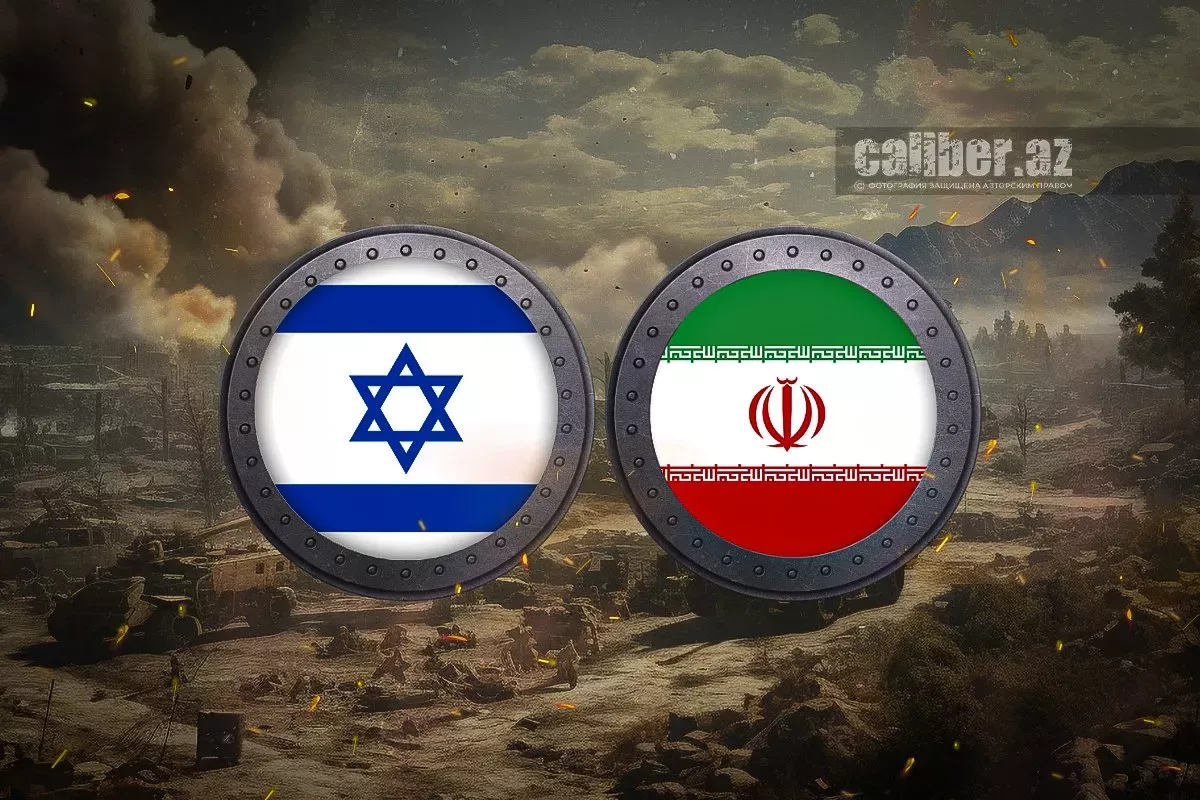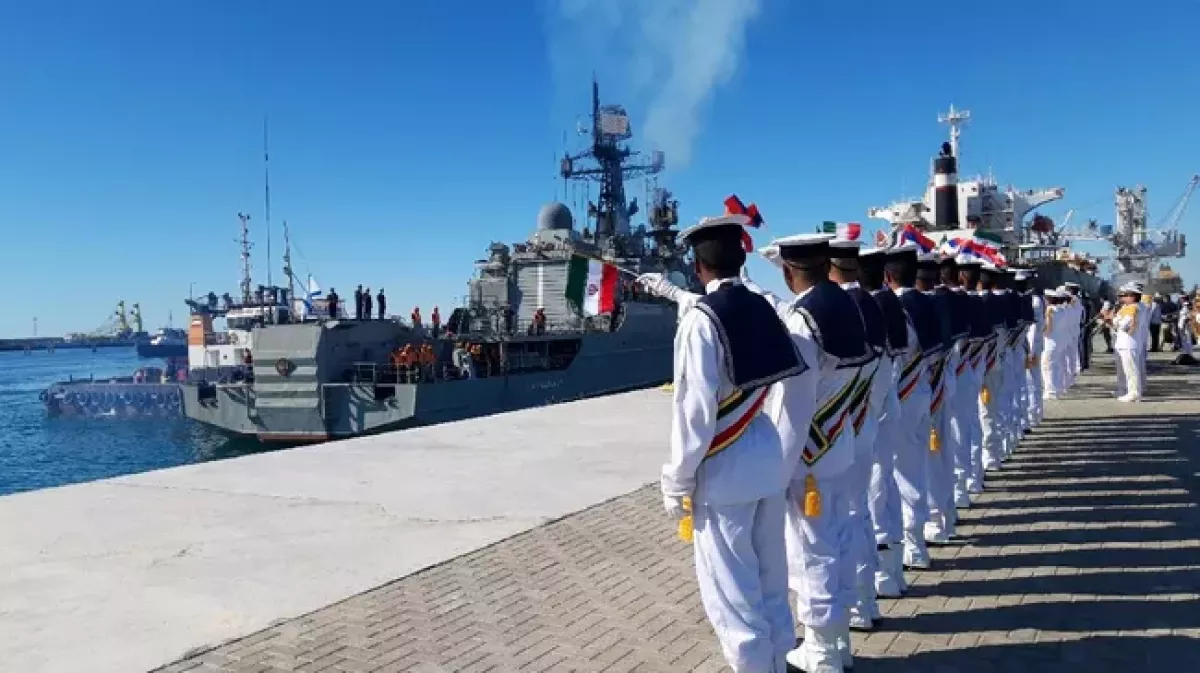How Russia and Iran try to mask cracks in their "alliance" Empty manoeuvres
The joint military exercises conducted by Russia and Iran in the Caspian Sea are being presented as a show of strength and unity in the strategic partnership between the two nations. However, behind this impressive façade lies a far more complex and contradictory reality that is becoming increasingly apparent in Moscow and Tehran’s relations. At its core, this is a partnership where mutual expectations are more and more frequently colliding with the harsh limits of geopolitical reality.
First of all, the drills themselves are not directly related to recent events in the region. Military activities of this kind are typically planned and coordinated months in advance. Nevertheless, against the backdrop of escalating tensions in the Middle East, their political symbolism becomes particularly striking: Moscow and Tehran are attempting to show the world that their military cooperation remains dynamic despite both internal and external challenges. But this is little more than an illusion.

Following the war between Israel and Iran — a conflict that effectively served as a litmus test for many regional alliances — a noticeable cooling has emerged in relations between Moscow and Tehran. The Islamic Republic had expected Russia to take its side and offer tangible support, whether through the delivery of modern fighter jets, air defence missile systems, or at the very least, diplomatic pressure on Israel. In Iran, there was an expectation that a partner bound by a comprehensive strategic agreement would not remain passive at a critical moment of escalation. But those hopes were dashed by reality: Moscow confined itself to rhetorical statements and calls for restraint, and in several instances displayed caution, clearly aiming to avoid jeopardising its dialogue with Tel Aviv.
This stance by Russia has become a painful signal for Iran, which has long seen itself as a key player in the "Axis of Resistance" and expected greater loyalty from Moscow.
For Tehran, this is not the first instance of disappointment: during the Syrian conflict, Russia repeatedly struck deals with Israel. Notably, an agreement on so-called "de-escalation" in southern Syria forced Iranian military units and affiliated groups to withdraw from the Syrian-Israeli border — a move that significantly weakened the Islamic Republic’s position in this strategically important area. Despite its military presence and control over Syrian airspace, Russia took no concrete steps to defend Iran’s interests, choosing instead to balance between rival sides and minimise risks to its own infrastructure.
The comprehensive strategic partnership agreement signed between Moscow and Tehran — once touted as a new stage in bilateral relations — increasingly resembles a hollow declaration. No real mechanisms for security guarantees, joint military programmes, or integrated air defence systems have been established. For Russia, Iran remains important but ultimately a secondary partner in its global strategy — a useful lever against the West, but not an ally worth confronting other regional players over.

The current exercises in the Caspian Sea are more of a ritual — aimed at reinforcing the image of an “axis” partnership and distracting from the growing tensions. Strategically, however, they do not alter the nature of the relationship. Russia and Iran are bound by a situational alliance rooted in overlapping tactical interests rather than deep mutual trust. Moreover, their interests often quietly diverge — in Syria, the South Caucasus, and even in energy policy, where, despite public claims of coordination, Moscow and Tehran are objectively competitors on many of the same markets.
This dynamic creates a fragile balance, where any new crisis could expose the true state of affairs. Iran, increasingly feeling like a hostage to Moscow’s cautious pragmatism, may begin seeking alternative scenarios — including closer ties with Beijing or a push to expand its own military programmes to enhance strategic autonomy. Russia, preoccupied with the conflict in Ukraine and strained relations with the West, is unlikely to invest substantial resources in bolstering Iran’s defence capabilities, fully aware that such moves could spark new flashpoints of confrontation.
Thus, behind the façade of joint drills in the Caspian Sea, deeper cracks in Russian-Iranian relations are becoming visible. These manoeuvres, presented as a symbol of close security cooperation, in reality serve as little more than diplomatic theatre — an attempt by both sides to save face and project an image of a functioning alliance. But in the long term, this partnership remains limited, situational, and vulnerable to emerging challenges.








